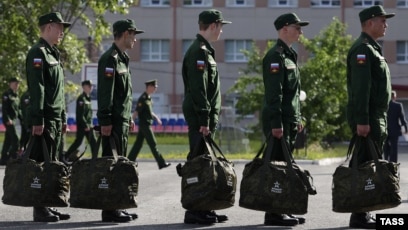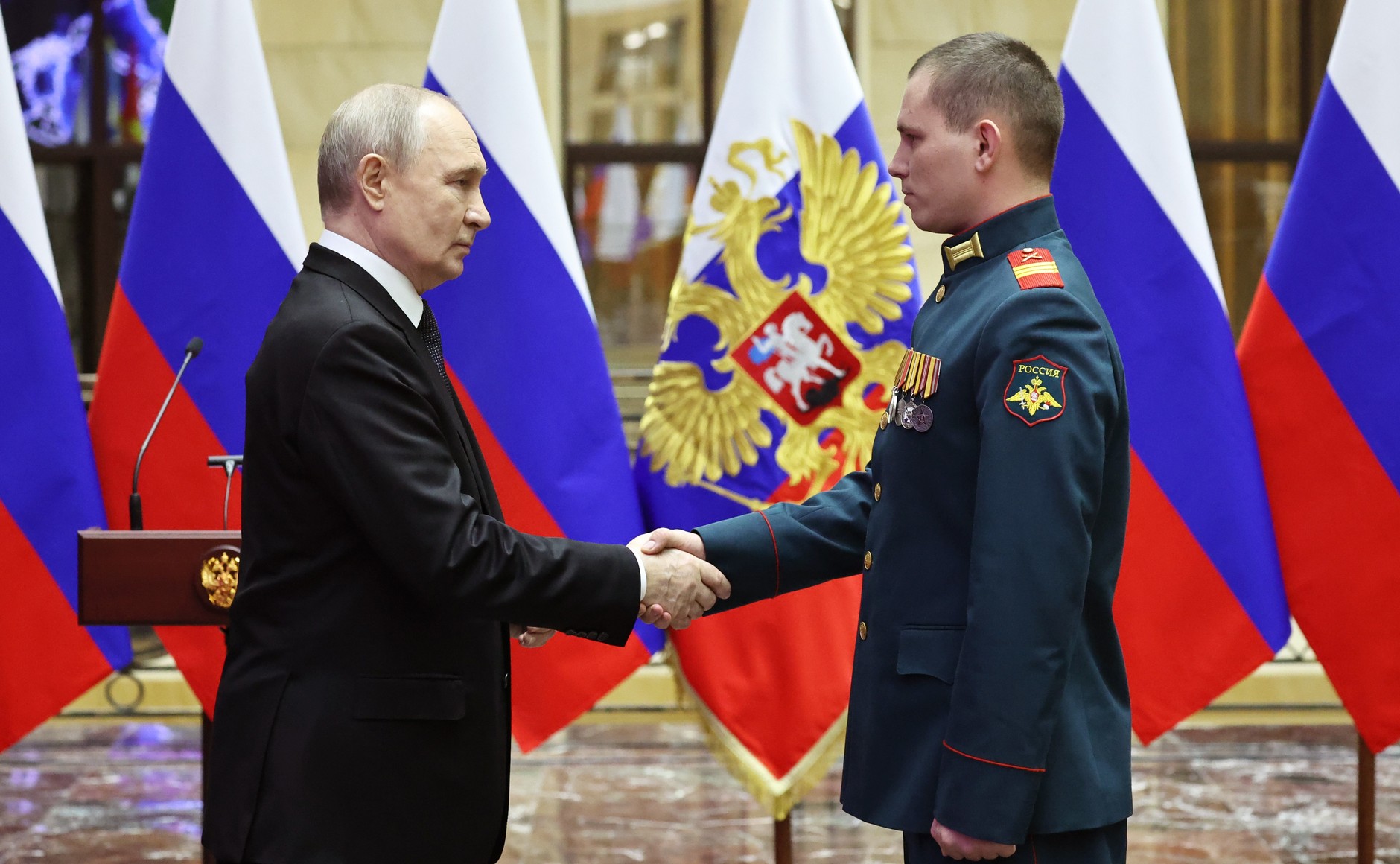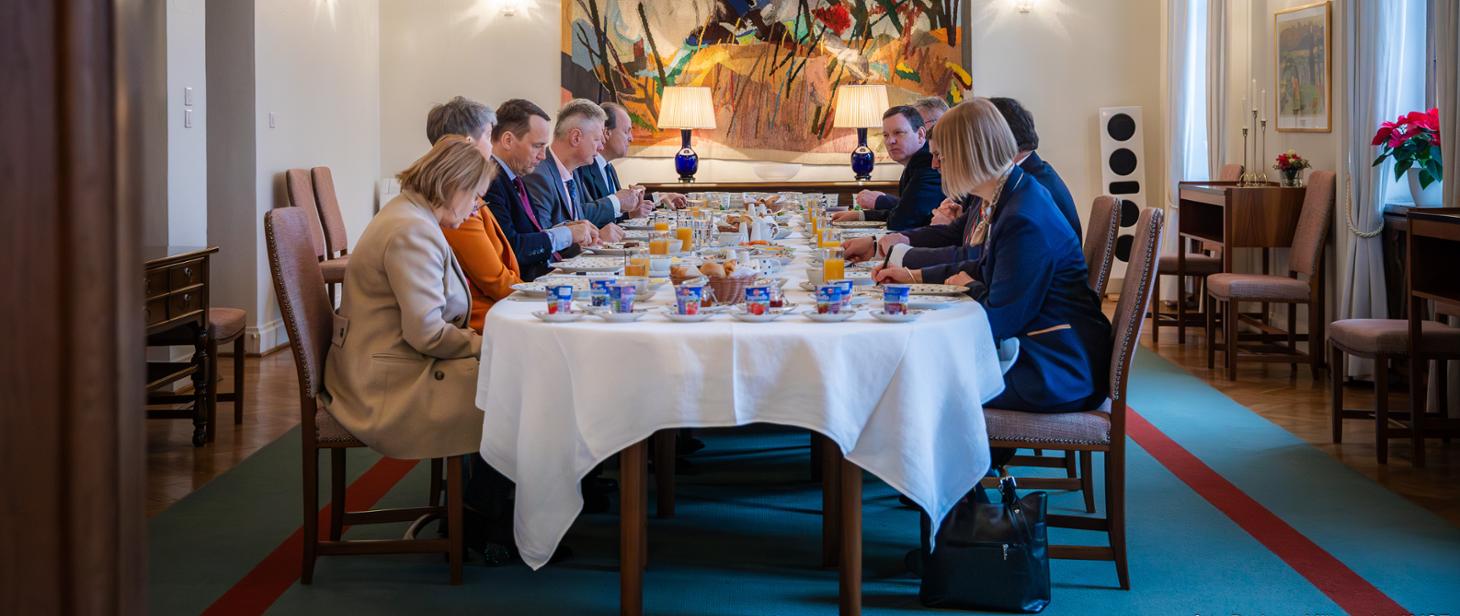
Are Non-Russians Putin’s Primary Domestic Target for War Effort—or Simply Collateral Damage?
Are Non-Russians Putin’s Primary Domestic Target for War Effort—or Simply Collateral Damage?
For almost a century, a debate has raged about whether Joseph Stalin’s collectivization was primarily an act of genocide directed against Ukrainians or an effort designed to destroy the peasantry as a class—whose members were not all Ukrainians. That Stalin had a particular hatred for Ukrainians and gave orders for their harsh treatment to ensure more would die is now widely accepted, but the fact that he destroyed millions of Belarusians, Kazakhs and even ethnic Russians in the process has also been established and makes an explanation limited to ethnicity untenable. Instead, the most reasonable assessment of Stalin’s actions is that it was both an act of genocide against Ukrainians, as well as other nations, and a move designed to destroy the peasantry as a class, lest they resist his plans to exploit the rural population to promote industrialization.
Today, an analogous debate is taking place that, in the course of Russian President Vladimir Putin’s war in Ukraine, as an increasing number of observers are pointing out, non-Russians have been hurt far worse than ethnic Russians relative to their populations, though precise statistics are difficult to find (The Moscow Times, September 27). Some have even taken the next step, arguing that the war, including the mobilization campaign, has been the latest act of genocide by Putin, whose hostility to and policies against non-Russians are beyond question. Nevertheless, compelling reasons point to not accepting such arguments without serious qualification.
On the one hand, even among prime draft-age cohorts, ethnic Russians outnumber non-Russians by more than 2-to-1, and among those in the military, the former outnumber the latter by roughly the same amount. The current mobilization campaign may have changed those numbers slightly, but the notion that non-Russians are being used as cannon fodder, while quite possibly the case in specific instances, is simply not true for Russia nor its army as a whole. Ethnic Russians almost certainly are suffering from mobilization and military service in Ukraine at roughly the same rate relative to their total percentage of the population; thus, they, too, are victims of Putin’s war. This fact is often ignored because the ethnic Russians fighting and dying in Ukraine are from poor rural areas rather than the wealthier cities. For Russians, as well as non-Russians, poverty—not ethnicity—is the primary driver for those choosing military service, an attitude the Kremlin is happy to exploit as this keeps the number of soldiers from cities lower, where major combat losses might lead to public protests (Idel.Realities, August 31).
On the other, Russians and non-Russians differ profoundly in how they respond to the possibility of military service and the losses suffered by those who join up. The two groups also contrast in how their respective communities think about and report the war. As Anatoly Nesmiyan, who writes a blog under the pseudonym “El Murid,” notes, Russians have been far more atomized by Soviet and post-Soviet life than have non-Russians. They are thus likely to act individually and flee the country rather than engage in collective action. In contrast, non-Russians have managed to retain greater ethnic cohesion and thus respond collectively with protests (Kasparov.ru, September 26). To be sure, widely covered protests have broken out in Moscow and other Russian cities; however, far more numerous, if not as large, have been the demonstrations in non-Russian and impoverished, but predominantly Russian, regions outside the metropolises. (For a map of these protests, see Novaya gazeta, September 26.)
This difference between Russian and non-Russian behavior is magnified by key differences in those who oppose the war between the two groups. Russian groups opposing the war are not only Moscow-centric but also typically speak about the country as a whole rather than purely the ethnic Russian majority. As a result, they often talk more about non-Russian opposition than they do about Russian anger, something that has the effect of increasing, rather than overcoming, a sense of helplessness among many Russians outside Moscow.
For its part, the non-Russian opposition is in an entirely different position and takes an entirely different tact. Not only do non-Russians have their own unique outlets both inside Russia and abroad, but they also start from the long-standing and entirely correct perception that Putin is hostile toward them. As such, they present the most recent mobilization in those terms. (For examples, see Gordonua.com, September 23; Rfi.fr, September 26; see EDM, September 29.)
The current mobilization campaign will almost certainly reduce these differences and bring the war home to ethnic Russians far sooner than Putin would have hoped. Given the heavy losses as a consequence of the war in Ukraine, including both combat deaths and emigration, some are projecting as much as a 10-percent hit on the male population in the Russian Federation in the coming months (Novaya gazeta, September 25). Ultimately, the Kremlin will find it nearly impossible to make up for this loss via non-Russians alone and will thus be compelled to reach ever more deeply among ethnic Russians. This will result in not only blocking ethnic Russians from fleeing the country but also politicizing them ever more, leading them to act more like non-Russians in their opposition to the war (Newizv.ru, September 23; Novaya gazeta, September 25; Nakanune.ru, September 26; Idel.Realities, September 27; Kasparov.ru, September 27). Such an outcome will be even more likely if Moscow is forced to expand the current mobilization order to one million men, an action many analysts say will be required for its effectiveness (The Insider, September 27). Furthermore, this will happen even more quickly and dramatically if the Putin regime adopts plans now being pushed by some Russian military experts—namely, that the Kremlin should restore a mass army several times the size of the current one (Iarex.ru, September 28).
No one should minimize in any way the extent to which non-Russians are consistently victimized by Putin’s policies. In many respects, they suffer now as they did in Soviet times from a double discrimination, one based on class and the other on ethnicity. But that must not distract attention from the fact that ethnic Russians are Putin’s victims too. And those who deny that by suggesting only non-Russians are suffering in the Russian leader’s war against Ukraine are unwittingly playing into Moscow’s implicit message that it is on the side of the Russian people. In fact, the Kremlin is against ethnic Russians as well; and the sooner ethnic Russians recognize that reality, the sooner they will take action, alongside non-Russians, to change it.


